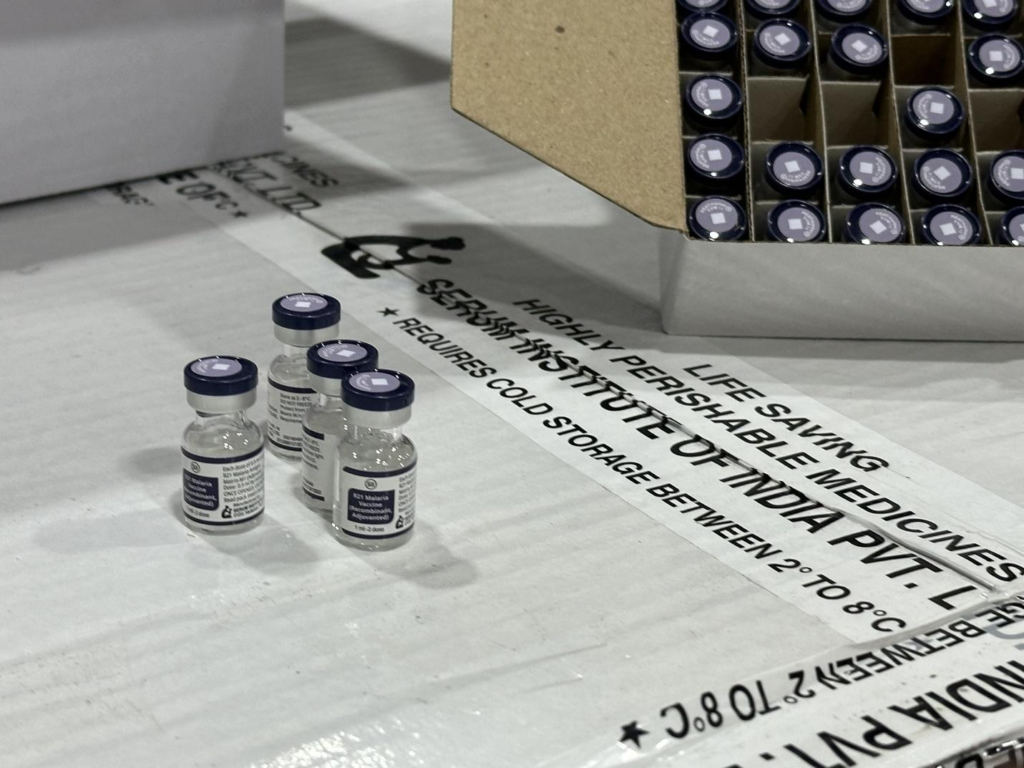
Ahead of the April 2nd nationwide rollout, the Ugandan Ministry of Health has reaffirmed the safety of the malaria vaccine. This assurance follows the official distribution of 2.2 million doses to 105 districts, initiated on March 7th by Health Minister Dr. Jane Ruth Aceng Ocero, targeting areas with significant malaria prevalence.
Despite these efforts, vaccine hesitancy, recognized by the World Health Organization (WHO) as a major global health threat, poses a persistent challenge to immunization programs. Silver Kasozi, from the Ministry’s Malaria Control Division, reassured parents that the vaccine has undergone rigorous research and testing, and is currently in use in several African nations, including Kenya.
Vaccine hesitancy in Uganda stems from various factors. Misinformation, including false claims about side effects and conspiracy theories, plays a significant role. Additionally, some cultural and religious leaders discourage vaccination, citing conflicts with their beliefs. Past adverse reactions, whether real or perceived, also contribute to anxieties. Furthermore, some individuals exhibit complacency, believing that certain diseases are no longer a threat.

Kasozi clarified that occasional vaccine side effects can result from improper handling, not inherent flaws in the vaccines. He emphasized the importance of proper vaccine handling and administration, appealing to community members, health workers, and vaccine handlers for careful adherence to guidelines.
During a symposium held in Arua City on March 3, 2025, concerning women and girls’ sexual and reproductive health rights amidst climate change, a nurse, Sr. Sally Andezu, expressed concerns about the impact of extreme heat on vaccine efficacy. She highlighted the vulnerability of vaccines to heat, particularly during transportation when cold chain systems might fail. Andezu questioned the safety of vaccines during outreach programs in regions experiencing high temperatures, citing Adjumani’s temperatures of 36 degrees Celsius and above.
Kasozi, however, minimized the risk, stating that all districts are equipped with vaccine carriers and trained officers to maintain vaccine integrity during transit. He added that in cases of extreme heat, officers are instructed to assess temperatures before vaccine dispatch.
The R21 malaria vaccine is designed for children aged 6 to 18 months, requiring administration at six, seven, eight, and eighteen months for optimal protection. Ministry of Health statistics indicate that malaria claims approximately 16 lives daily in Uganda, with 10 of those being children under five.
For More Related news:
Or Visit